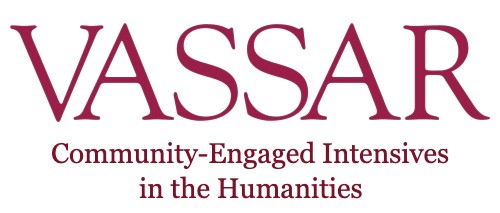The purpose of the evaluation was to learn about the experiences of the participants in the CEIH initiative and to provide a collective space for reflection on and learning from these experiences. It aimed to be generative rather than assessing.
It piloted a “Storytelling Methodology” by employing the “most significant change1” technique supplemented by quantitative data collection and analysis of the initiative’s activities and a participatory interpretation of the findings.
The evaluator collected “stories” from students, community partners, faculty, and administrators who had participated in the initiative. The participants and others were invited to “discussion workshops” where they read aloud the stories collected and identified significant themes.
This process is epistemologically congruent with the values of the initiative. It embodies the spirit of the initiative in that it centers the participants’ experiences, learning through partnerships and conversation, is imbued with a similar sense of humanistic exploration and enquiry, aims to build inclusive community and seeks to be generative. More importantly, it allowed us to capture learnings and changes that were emergent and, hence, difficult to measure.
In using this methodology, the evaluation aimed to:
- understand the impact of the CEIH initiative;
- identify themes of significance as they relate to student learning, pedagogy and curriculum, and partnership development;
- identify learnings about CEIs as a mode of learning, a mode of pedagogy and curricular opportunity, as well as a mode of creating community collaborations;
- identify learnings that can support future CEIs and the development of the CEIH initiative;
- evaluate the suitability and effectiveness of the methodology piloted

